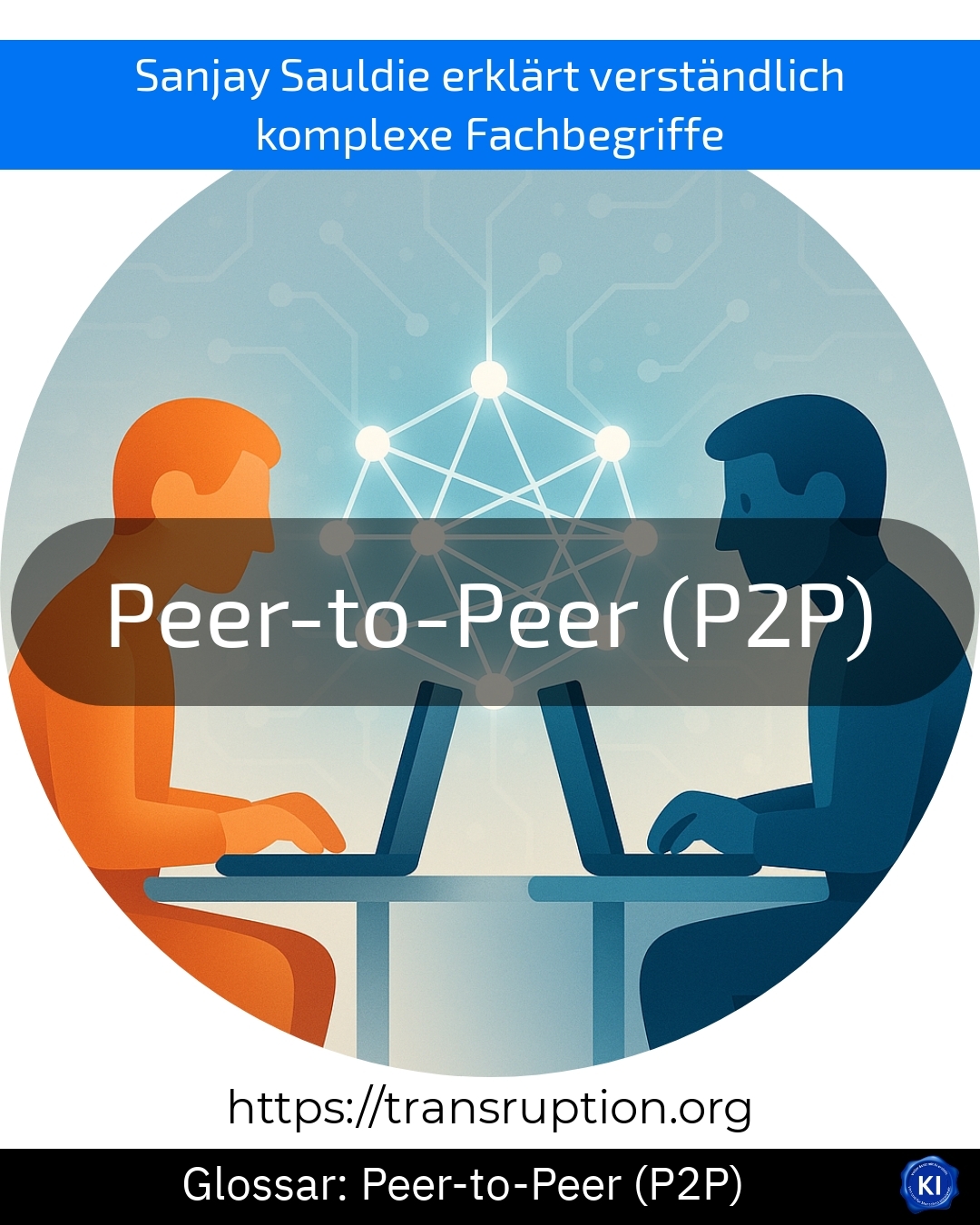The term peer-to-peer (P2P) is particularly relevant in the areas of blockchain, digital marketplaces, crowdfunding and finance.
Peer-to-peer refers to a direct connection between two or more participants without an intermediary such as a bank, company or platform. Instead, the participants exchange data, services or money directly with each other. This approach is becoming increasingly popular because it is often faster, cheaper and more transparent.
An illustrative example from the financial sector is P2P lending, also known as private-to-private lending. Here, people can lend money directly to other people online - without intermediaries. This ensures that both parties can benefit from better conditions: Borrowers often pay less interest, while lenders receive higher returns than with traditional savings investments.
In the blockchain sector, P2P works in a very similar way: anyone paying with cryptocurrencies such as Bitcoin sends the money directly to another person, without a bank. The advantage: transactions are processed faster and there are fewer fees. Peer-to-peer applications thus ensure greater independence and flexibility in the digital age.















